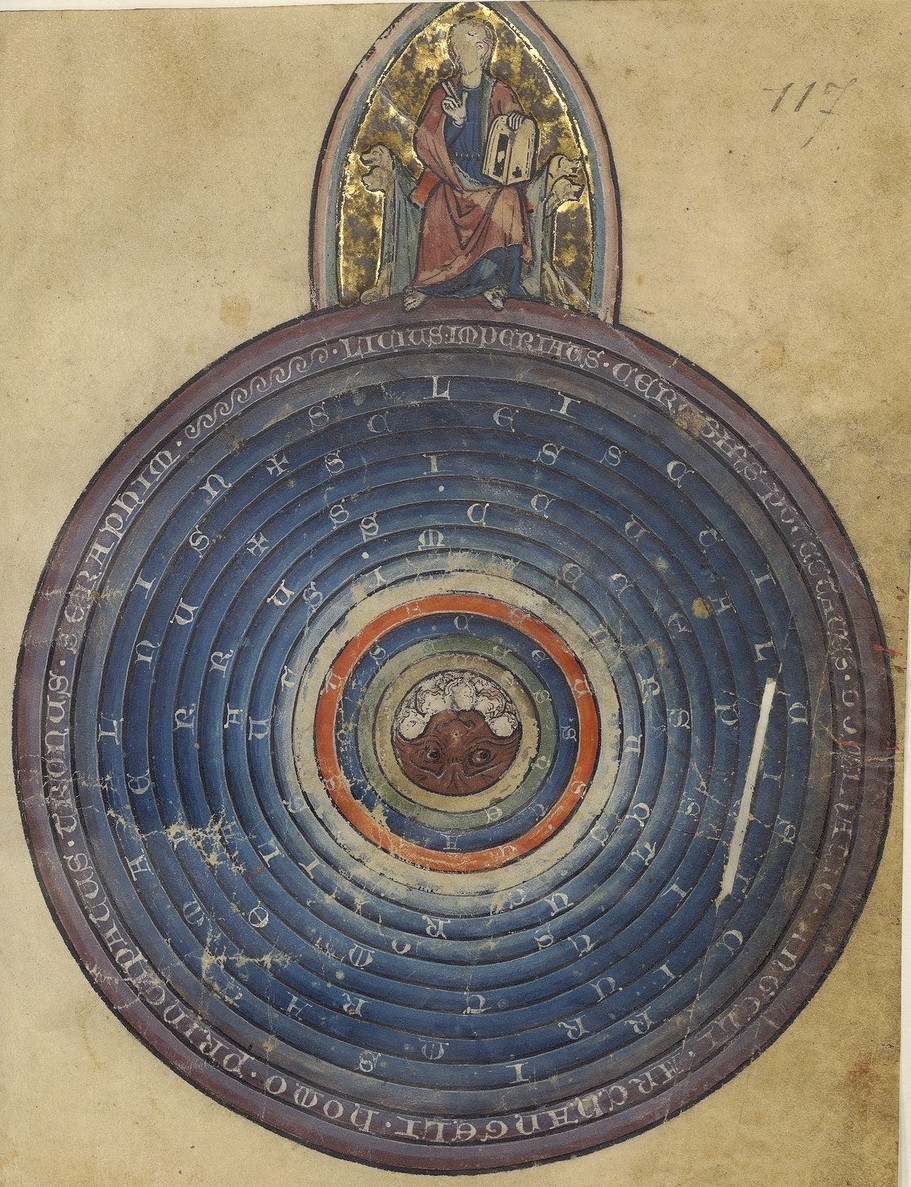Welcome to our monthly newsletter.
• We open our selection with an audio recording of a Friday sermon given in Cambridge by Shaykh Abdal Hakim Murad. Starting from the Prophetic injunction to “Beware of the seven destructive ones,” the Shaykh speaks of seven poisonous tendencies lurking as demons or dragons in the recesses of the heart.
Society requires people who are able to trascend themselves. We need adults, we need people of futuwwa, people of youthful maturity who hold that sword, which is the two-pointed sword of Imam ‘Ali, one point of which is against the enemies of justice in the world, and the other point of which faces the enemies within.
• We continue with a section from Ananda K. Coomaraswamy’s Time and Eternity, illustrating and explaining the meanings of time and of eternity, “the one, in which all things come and go, and the other, in which all stand immutable.”
Because “all change is a dying,” as our whole tradition recognizes, every meeting is a meeting for the first time, and every parting is forever. Meetings and partings (of which birth and death are but special cases) are only possible in time, and they please or grieve us only because “we” are or, rather, mistakenly identify ourselves with, the mutable psycho-physical tabernacles that our Self assumes.
• And finally a dialogue by one of the lesser known early modern Spanish mystics, Fray Juan de los Angeles, on “The Conquest of the Divine Kingdom.” Young Brother Desirous, whose foremost desire “is to be inwardly that which I appear to be on the outside,” receives from his master a teaching which “does not permit divided attention, nor a man distracted and beside himself,” and he is not disappointed:
I never realized that there are within us such great riches nor that there exists such a wonderful and satisfying centre.




